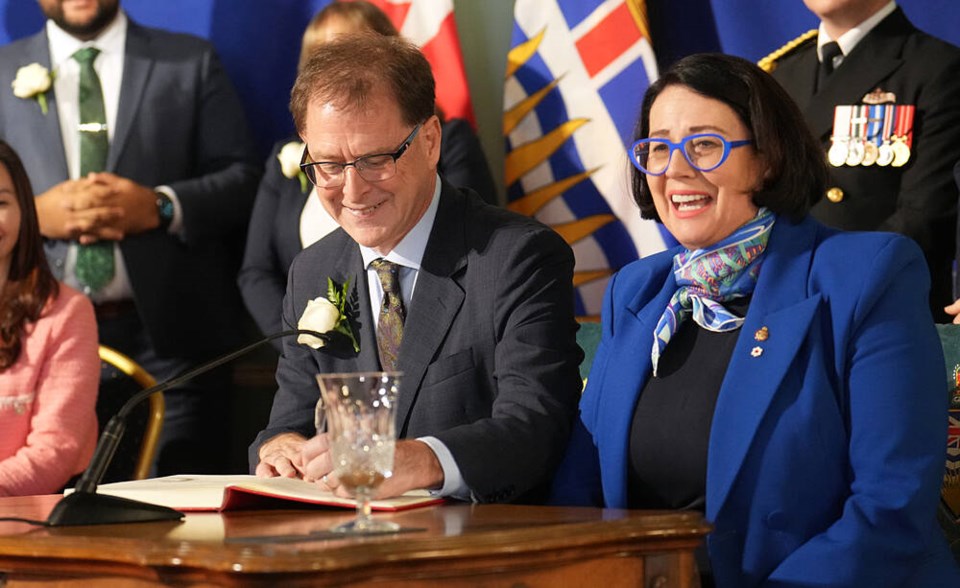A commentary by the retired vice-president of research (2007-14) at the University of Victoria.
It has been a long road for me to reach the same conclusion as Adrian Dix, B.C.’s minister of Energy and Climate Solutions: We need to consciously and predictably use the sale of oil and gas to fund the transition to a low-carbon future.
As the chair of the boards for both the Pacific Institute for Climate Solutions (PICS) and the Pacific Climate Impacts Consortium (PCIC) over a seven-year period at the University of Victoria, I had a front row seat to the climate science, economic and social research that helped to shape the provincial, national and international debates about how to transition to a clean energy future.
To be clear, I am not a climate or energy expert, but I had the honour of working with some of the best researchers in Canada as the PICS and the PCIC supported their scientific and policy work.
The researchers we funded consistently underscored the evolving, unassailable facts about the environmental degrading effects of fossil fuels and explored ways to both mitigate and adapt to climate change.
As a non-expert, I was especially excited to witness rapid developments in clean energy research and technology, which pointed the way to a low-carbon future.
The challenge on the public policy side was to find a way to integrate what was being learned to achieve a cleaner energy future.
The clarion calls to stop our reliance on fossil fuels a.s.a.p. were met with massive industry pushback, some practical obstacles and, all too often, created two solitudes.
For most of this time I was on the side of rapidly, if not immediately, making drastic reductions in Canada’s production of fossil fuels and making massive investments in clean energy. I was naive.
Instead, B.C. and Canada have barely moved the needle on our greenhouse gas production (and in the wrong direction) and under-invested in clean energy infrastructure and research.
From out of the policy fog came Norway’s grand Trojan Horse approach: Using their fossil fuel production as a way to aggressively invest in clean energy production and reduce the use of fossil fuels at home.
The challenge for Canada is to build the necessary political and public support for policies that allow us to transitionally use our significant oil and gas reserves to invest in clean energy infrastructure and research.
The caveat is that this must be done with the understanding that we must sunset fossil fuel production to a minimum and allow it to become the stranded asset it deserves to be at some point, hopefully in the near future.
With the signals coming from both Ottawa and Victoria indicating a desire to make significant investments in a clean energy future by exploiting some of our remaining fossil fuel resources, I remain optimistic.



